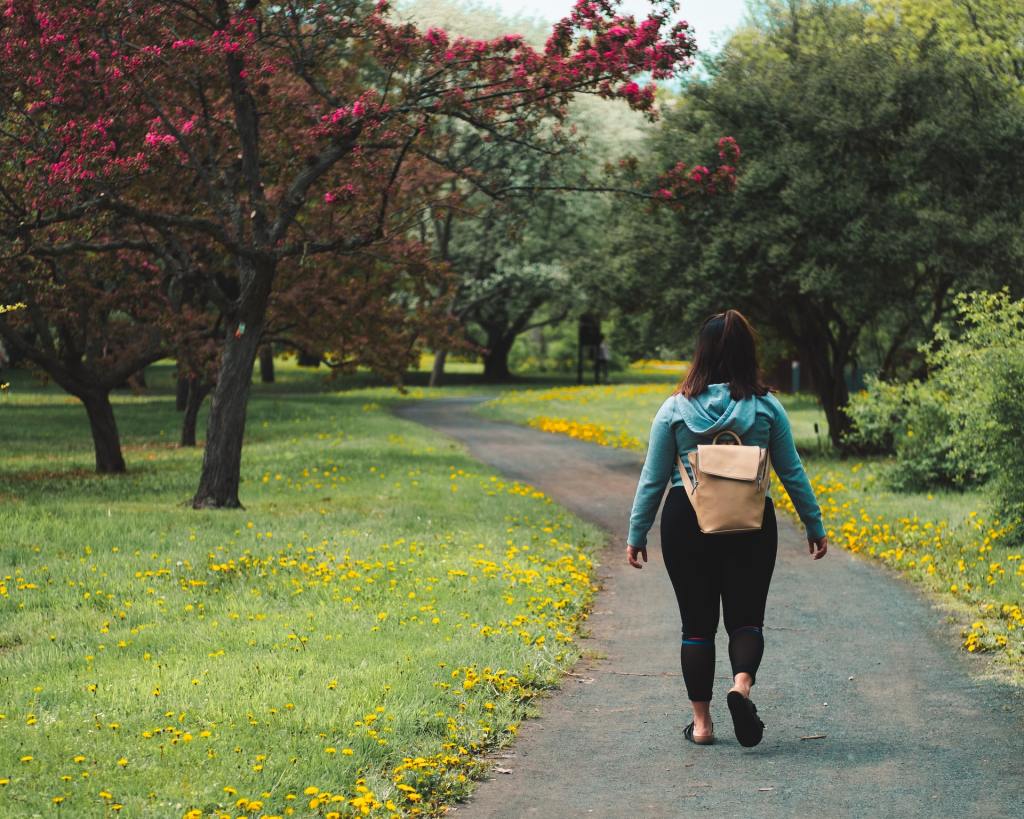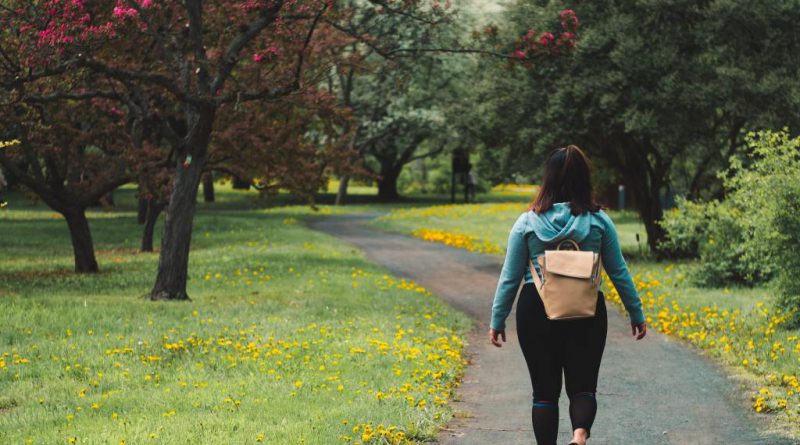Dealing with Depression Throughout the Pandemic

Those people who have a problem with depression at every other time face another challenge in the wake of the coronavirus crisis. The psychological impact of months in a lockdown can't be underestimated. This is particularly so for individuals with existing mental health needs. What else could you do in order to mitigate the symptoms of depression during the pandemic? As a depression sufferer, here are some of the strategies I have used.
Teletherapy
For individuals who seek professional help for their depression, teletherapy can be a viable choice. Counseling sessions are held online via Zoom or any other, similar platforms. This eliminates the requirement for either the therapist or even the patient to visit. For those in therapy, medication can also be an avenue to explore. I was already on medication and still feeling gloomy, so my doctor tweaked my dosages.
Communication
One of the very most unfortunate results of being shut in for this duration is loneliness. Feelings of isolation can lead to depression. Friends, relatives, or neighbors should sign in with their family members. Communication is key. My children Face Time their grandmother, who lives alone, every evening. Alternatively, children can snail-mail letters or drawings to members of the family. Although none of the may take the place of face-to-face visiting, it is what we should can perform at this time. Hopefully, it helps.
Diet
It could be my imagination, but I think my food choices are improving my mood. During the last couple weeks, I have been eating healthier and cleaner (fewer junk foods). However it could be the opposite. I may make healthier choices since i am happier. According to Weight Watchers, research indicates that happier people make better diet. However, there are articles that suggest that particular foods do help with depression, such as fruit, grass-fed beef, and nuts.
Exercise
Exercise can reduce feelings of depression. Exercise releases endorphins in to the brain that produce an impact similar to morphine. This is when the word “runner’s high” comes from. Exercise does not necessarily have to happen at a gym. A regular 20-30-minute walk round the neighborhood can be beneficial. When the weather conditions are bad, there are plenty of exercise programs online (YouTube, specifically, has good quality workouts) and DVDs if you lack access to the internet. I recommend Leslie Sansone’s “Walk Away the Pounds” walking at home DVDs.
Get Outside!
For those of us who suffer from seasonal adjustment disorder, just being outside might help. Contact with sunlight increases serotonin levels within the brain, which produces increased feelings of well-being and concentrate. This is why mental health professionals sometimes prescribe phototherapy for his or her patients during the winter. The individual sits near a light therapy box, which mimics natural sunlight. This really is designed to raise serotonin levels and alleviate depressive symptoms.
You can purchase an easy for your home, but it is vital that you get one specifically recommended with a qualified medical expert. There are many different kinds on the market, and not all of them are effective. The legitimate ones, naturally, tend to be expensive. But when the elements is good, you can’t beat actual sunlight. I take my children out every day simply because they need to be outside for physical activity; however, I know it also benefits me.
For more information about managing depression, talk with your doctor. He or she may lead you toward some valuable resources, or make a referral to a psychiatrist (who can prescribe medication) and/ or a licensed therapist. Medicine is not for everybody, and mental and medical health professionals are the most qualified to suggest alternatives. Seeking the aid of professionals also has the benefit of these individuals knowing both you and your unique needs.

